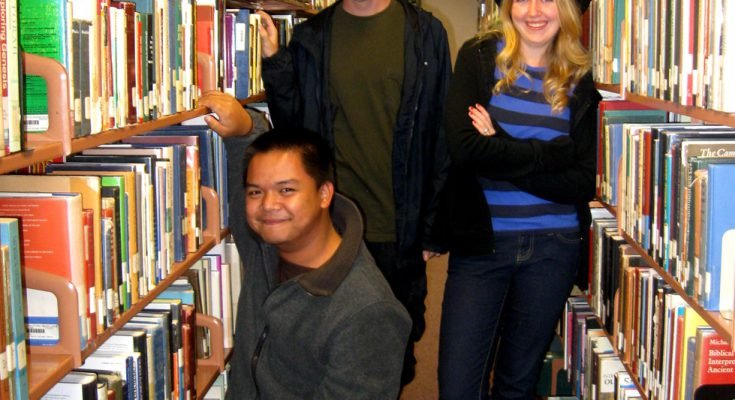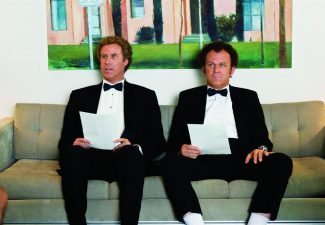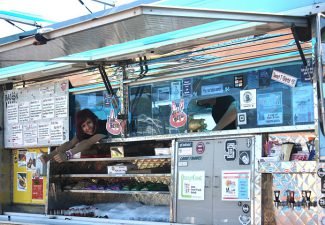They come from all across the globe, from completely different countries, and you probably don’t even know who they are. They are commonly known as “missionary kids.” Just a few of the students that come from missionary families include sophomore Celina Frenn, junior Micah Johnson and senior Israel Wilson.
However, missionaries aren’t the only families being planted in other countries. The economy seems to be increasingly dependent on international trade, and more families than ever are being sent abroad on business for extended periods of time.
Wilson grew up in Singapore, an area with varied cultural groups and conflicting religions. Such cultural groups include Indian, Chinese, Malai, and Eurasian. Religions varied from Hinduism to Buddhism and beyond.
“I think [if I weren’t a Christian] I would be really confused in terms of life. Being in the midst of so many religions, I would wonder if there was any one thing that was right,” Wilson said.
Frenn explained that being from a missionary family created opportunities to be involved with the community, giving her a purpose as opposed to feeling dragged around. She also felt it gave her something to hold on to.
“When you move around a lot, you don’t tend to make friends because you’re going to lose them. So your family is basically your friends and God is your foundation,” Frenn said.
All three entered the mission field with their parents at a very young age. Frenn moved with her family to Costa Rica at only 9 months old. Wilson was only slightly older when his family moved from their home in the Philippines to serve as missionaries in Singapore. Johnson was born in the Philippines. Johnson’s parents had been missionaries in the Philippines for several years before he was born.
After living a majority of their lives overseas, moving to America permanently was a difficult transition. Frenn’s family came back to America soon before she entered high school, believing it to be a temporary situation. The move soon became a permanent one.
“I didn’t feel like I was an American, I felt like I was a Costa Rican. And that frustrated me because everyone just assumed I was American because of the way I looked,” Frenn said.
Wilson’s family felt a calling to pastor in America and moved back when he was 16. Wilson didn’t understand his parents’ calling to America since he believed it was largely Christian already.
Johnson, however, moved to the U.S. alone after completing high school in the Philippines. In order to prepare himself financially for college and adjust to American culture, he lived with family in California for a year before coming to Vanguard.
“I’m pretty sure I understand American culture, but I’m always surprised by some things,” Johnson said.
The three said they still feel conflicted between two cultures.
“I always say that half my heart belongs to Costa Rica and half belongs to the United States,” said Frenn.
Johnson talked of being a “third-culture kid,” a term that refers to someone who doesn’t quite fit into one culture or another, but rather a blend of two cultures.
“There’s probably things of American culture that I’ve drawn into my personality and things of Philippine culture, but I don’t know if I ever feel wholly part of one or wholly part of the other,” said Johnson.
Wilson expressed similar opinions. “If you ask me what culture I’m from, I honestly don’t know where I stand,” Wilson said. “The only kind of stability I have is in my Christian identity.”
Johnson, Frenn, and Wilson all expressed their gratitude for being raised in a missionary family. Both Johnson and Wilson felt exposure to so many cultures has given them a better informed worldview.
Frenn said that being on the mission field strengthened her spiritual life. From a young age, the power of God surrounded her. She has even witnessed miracles.
“There’s times I think ‘where is the power I saw back then?’ But because I’ve grown up with it and it’s so natural for me to see that kind of stuff, it’s not hard for me to believe at all,” Frenn said.

 Top Interview Fails
Top Interview Fails Student-Led Dormitory Chapel Creates Community
Student-Led Dormitory Chapel Creates Community Grab a Bite to Eat Across the Street
Grab a Bite to Eat Across the Street Thanksgiving Break Tips
Thanksgiving Break Tips
Leave a Reply